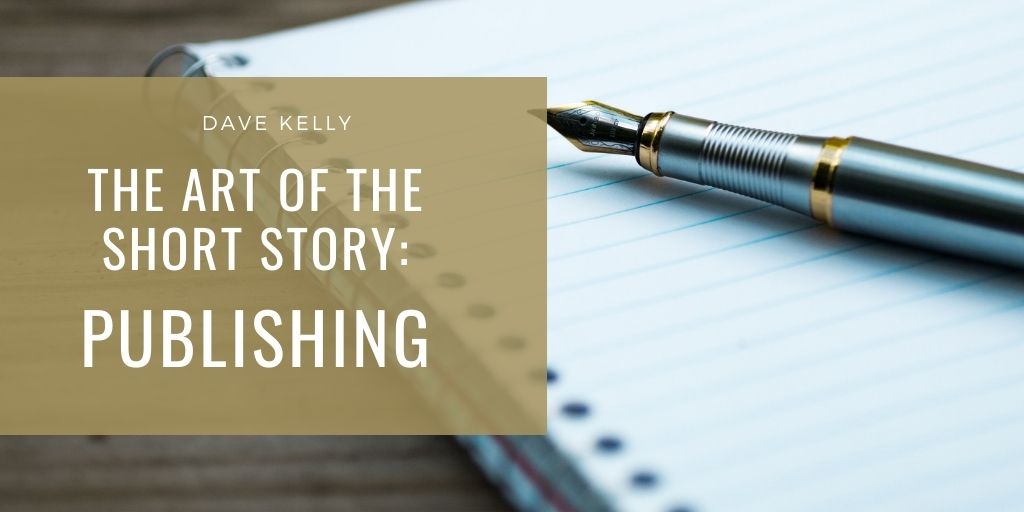For many writers, the short story format remains one of the most challenging literary forms to master. Moreover, publishing a short story in a renowned journal or magazine can take plenty of planning, preparation, research, and effort. Fortunately, there are a few time-honored ways to get your story out to readers. Here are just a few tips for launching your short story writing career in earnest.
Have a Friend or Colleague Critique Your Story
In general, writers are blind to the strengths and weaknesses of their work. Artistic bias exists. As such, having a few trusted readers “beta test” a story can help authors of all experience levels spot the weaknesses in their writing.
It may seem like a hassle to ask your friends for their perspectives on one of your stories, but learning about what does and doesn’t work in your writing will help you grow in the long run. There is a reason why most top MFA programs are structured around the workshopping of manuscripts!
Write a Pitch That Makes Your Case for Publication
Before your story ever appears on an editor’s desk, someone at a literary journal or magazine will read your pitch. Pitching is how writers get their foot in the door with top publications.
To write a successful pitch, you’ll want to practice crafting useful summaries of your story to help editors form genuine opinions about your work. Pitching is a tricky process, but writers who draft and revise pitches may see a significant uptick in acceptances.
Research Publications Before Submitting
While some journals and magazines do not accept simultaneous submissions, many publications are fine with writers sending out stories to multiple editors—so long as they notify publications when the story is accepted elsewhere.
However, it’s essential to consider why a particular publication is right for your story. Does your target magazine regularly publish stories that are similar to the one you’ve written? Has a specific journal published authors that you admire and strive to emulate?
There is nothing wrong with sending out a flurry of submissions to random publications and hoping your story will be accepted by one. Still, editors are usually very adept at picking up on the authorial intentions behind a submission. These editors may not be keen to consider a story that has been sent to them at random.
Keep Your Goals in Mind
Unless you’re Stephen King or a prodigy on the level of Little Man Tate, there’s a good chance that you are going to experience a whirlwind of editorial rejections throughout your career as an author. But don’t despair! Keeping your artistic goals in mind will help you put your best foot forward when you inevitably come across a hurdle in the submission process. In other words, use editorial rejections as an incentive to make your work better on your next round of submissions. This will help you grow as both an author and as a person. Honestly, that is what being a writer is all about!
